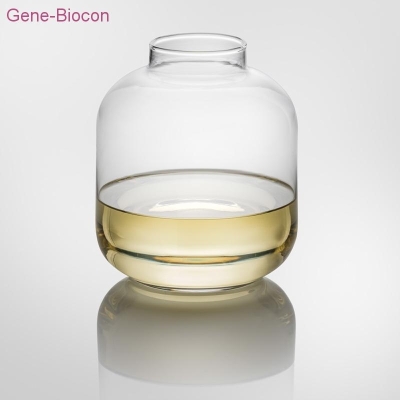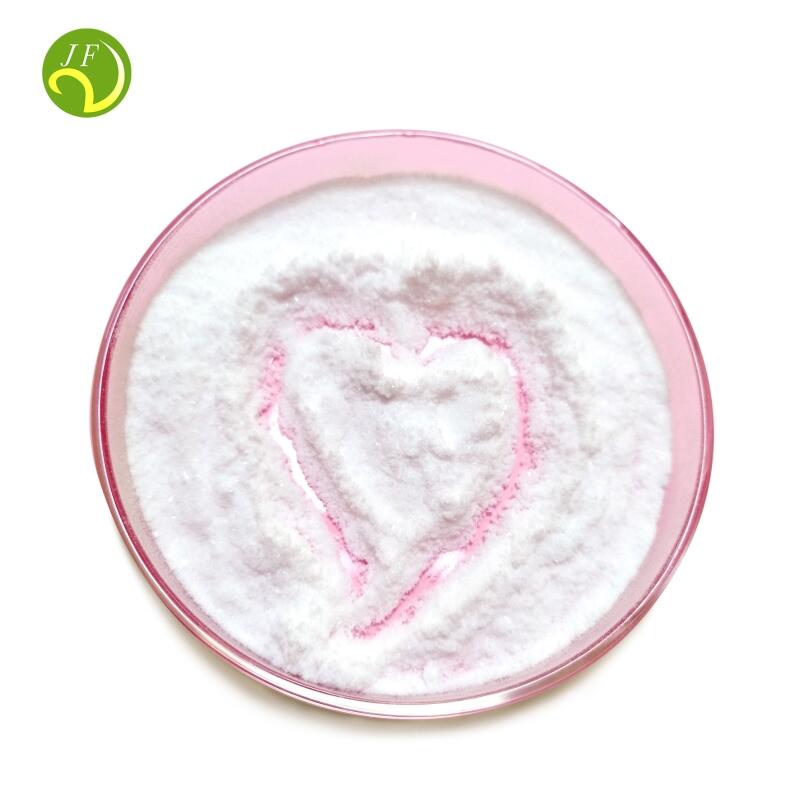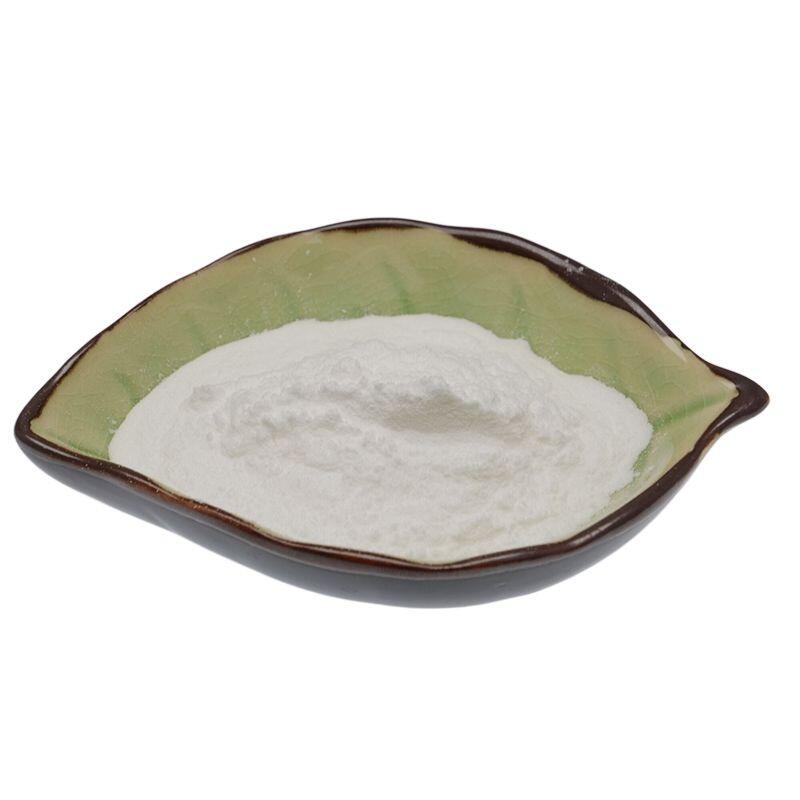-
Categories
-
Pharmaceutical Intermediates
-
Active Pharmaceutical Ingredients
-
Food Additives
- Industrial Coatings
- Agrochemicals
- Dyes and Pigments
- Surfactant
- Flavors and Fragrances
- Chemical Reagents
- Catalyst and Auxiliary
- Natural Products
- Inorganic Chemistry
-
Organic Chemistry
-
Biochemical Engineering
- Analytical Chemistry
-
Cosmetic Ingredient
- Water Treatment Chemical
-
Pharmaceutical Intermediates
Promotion
ECHEMI Mall
Wholesale
Weekly Price
Exhibition
News
-
Trade Service
Recently, Dr.
Li Lian’s laboratory and Dr.
Zheng Limin’s laboratory of the School of Life Sciences, Sun Yat-sen University published online in the official journal "Frontiers in Immunology" (htpps//doi.
org/10.
3389/fimmu.
2021.
609295) of the International Federation of Immunological Societies (IUIS).
The research results of the anti-tumor effect mechanism of Coladine "Icaritin Induces Anti-tumor Immune Responses in Hepatocellular Carcinoma by Inhibiting Splenic Myeloid-derived Suppressor Cell Generation" Cell cancer immune response)”.
Li Lian’s laboratory and Dr.
Zheng Limin’s laboratory of the School of Life Sciences, Sun Yat-sen University published online in the official journal "Frontiers in Immunology" (htpps//doi.
org/10.
3389/fimmu.
2021.
609295) of the International Federation of Immunological Societies (IUIS).
The research results of the anti-tumor effect mechanism of Coladine "Icaritin Induces Anti-tumor Immune Responses in Hepatocellular Carcinoma by Inhibiting Splenic Myeloid-derived Suppressor Cell Generation" Cell cancer immune response)”.
Myeloid-derived suppressor cells (MDSC) are immunosuppressive cells that significantly inhibit the response of immune cells.
These cells inhibit the activation and function of killer T cells, prevent NK cell-mediated cell killing, and induce regulation T cells promote the stemness of cancer cells, promote angiogenesis and metastasis, and affect almost all types of cancer treatment.
Previous studies have shown that in a mouse hepatocellular carcinoma model, acoradine can reduce the ratio of MDSC in the spleen of tumor-bearing mice and the tumor.
Preliminary studies of the Sun Yat-Sen University College of Science have observed that the differentiation of hematopoietic precursor cells in the extramedullary circulatory system exhibits myeloid cell bias, and patients with solid tumors also exhibit myeloid cell bias.
It was further discovered that extramedullary hematopoiesis (EMH) in the spleen exhibits myeloid cell bias, which promotes the production of functional bone marrow-derived suppressor cells and plays a key role in disease progression.
These cells inhibit the activation and function of killer T cells, prevent NK cell-mediated cell killing, and induce regulation T cells promote the stemness of cancer cells, promote angiogenesis and metastasis, and affect almost all types of cancer treatment.
Previous studies have shown that in a mouse hepatocellular carcinoma model, acoradine can reduce the ratio of MDSC in the spleen of tumor-bearing mice and the tumor.
Preliminary studies of the Sun Yat-Sen University College of Science have observed that the differentiation of hematopoietic precursor cells in the extramedullary circulatory system exhibits myeloid cell bias, and patients with solid tumors also exhibit myeloid cell bias.
It was further discovered that extramedullary hematopoiesis (EMH) in the spleen exhibits myeloid cell bias, which promotes the production of functional bone marrow-derived suppressor cells and plays a key role in disease progression.
The results of this study showed that in mice carrying orthotopic and subcutaneous liver cancer tumor models, acocladine significantly reduced the accumulation and activation of MDSC in the tumor and spleen, thereby increasing the number and activity of cytotoxic T cells.
In terms of mechanism of action, Akoladine reduces the production and activation of MDSC by down-regulating tumor-related splenic extramedullary hematopoiesis.
Through short-term culture of hematopoietic stem cells from cord blood in vitro, it was confirmed that acocladine has an inhibitory effect on human MDSC.
In addition, in mouse hepatocellular carcinoma animal models, acoradine and PD-1 antibody enhance the efficacy of immunotherapy.
These findings reveal that Akoladine reduces the production and activation of MDSC by down-regulating the extramedullary hematopoiesis of the spleen, which is one of its immunomodulatory and anti-tumor mechanisms.
This result also reveals that targeting splenic extramedullary hematopoiesis is a new idea for developing cancer drugs alone or in combination.
In terms of mechanism of action, Akoladine reduces the production and activation of MDSC by down-regulating tumor-related splenic extramedullary hematopoiesis.
Through short-term culture of hematopoietic stem cells from cord blood in vitro, it was confirmed that acocladine has an inhibitory effect on human MDSC.
In addition, in mouse hepatocellular carcinoma animal models, acoradine and PD-1 antibody enhance the efficacy of immunotherapy.
These findings reveal that Akoladine reduces the production and activation of MDSC by down-regulating the extramedullary hematopoiesis of the spleen, which is one of its immunomodulatory and anti-tumor mechanisms.
This result also reveals that targeting splenic extramedullary hematopoiesis is a new idea for developing cancer drugs alone or in combination.
Hepatocellular carcinoma is a common malignant tumor with high incidence in my country.
According to statistics, there are about 466,000 new cases each year in my country, and the number of deaths is as high as 422,000, more than half of the world's total, seriously threatening people's lives and health.
Dr.
Zheng Limin and Dr.
Li Lian from the Academy of Sciences of Sun Yat-Sen University have long been engaged in the research on the immune molecular mechanism of liver cancer and have achieved a series of internationally leading research results.
Acoladine is an innovative drug for the treatment of hepatocellular carcinoma independently developed by Beijing Sheng Nuoji Pharmaceutical Technology Co.
, Ltd.
It is a multi-target immunomodulatory small molecule.
The Phase III clinical trial of Acoladine vs.
Cinobufasine in the first-line treatment of advanced hepatocellular carcinoma, using a composite biomarker adaptive enrichment design, has been successful recently, and Sheng Nuoji will submit a drug review to the National Medical Products Administration in the near future.
The Center (CDE) reports and communicates issues related to product launches.
(Bioon)
According to statistics, there are about 466,000 new cases each year in my country, and the number of deaths is as high as 422,000, more than half of the world's total, seriously threatening people's lives and health.
Dr.
Zheng Limin and Dr.
Li Lian from the Academy of Sciences of Sun Yat-Sen University have long been engaged in the research on the immune molecular mechanism of liver cancer and have achieved a series of internationally leading research results.
Acoladine is an innovative drug for the treatment of hepatocellular carcinoma independently developed by Beijing Sheng Nuoji Pharmaceutical Technology Co.
, Ltd.
It is a multi-target immunomodulatory small molecule.
The Phase III clinical trial of Acoladine vs.
Cinobufasine in the first-line treatment of advanced hepatocellular carcinoma, using a composite biomarker adaptive enrichment design, has been successful recently, and Sheng Nuoji will submit a drug review to the National Medical Products Administration in the near future.
The Center (CDE) reports and communicates issues related to product launches.
(Bioon)







